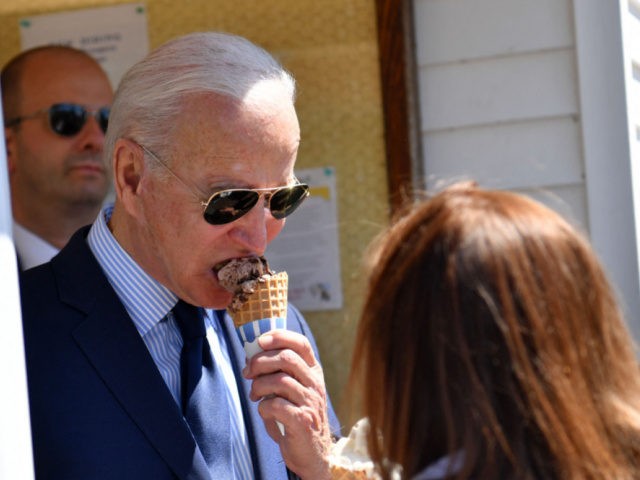The U.S. consumer’s expectations for inflation surged higher in October, suggesting the Federal Reserve’s attempts to re-establish price stability have not yet gained a solid foothold.
The University of Michigan’s survey of consumer sentiment showed that consumers expect a five percent rate of inflation over the next year, up from 4.7 percent in September. Over the next five years, consumers expect inflation to run at a 2.9 percent rate. A month ago, consumers were expecting 2.7 percent over the next five years.
“The median expected year-ahead inflation rate rose to 5.0 percent, with increases reported across age, income, and education. Last month, long run inflation expectations fell below the narrow 2.9-3.1 percent range for the first time since July 2021, but since then expectations have reverted to 2.9 percent. Uncertainty over inflation expectations remains elevated, indicating that inflation expectations are likely to remain unstable in the months ahead,” said Joanne Hsu, the director of the survey.
The index of consumer sentiment improved slightly from September, inching up from 58.6 to 59.9. The assessment of current conditions rose while the gauge of expectations fell.
“These divergent patterns reflect substantial uncertainty over inflation, policy responses, and developments worldwide, and consumer views are consistent with a recession ahead in the economy,” Hsu said.
Hsu said that the low level of consumer sentiment was consistent with a slowdown in consumer spending.
A gap has developed between higher income and lower income households. Lower income households reported sizeable gains in sentiment in October, Hsu said. Consumers with considerable stock market and housing wealth reported notable declines in sentiment.
“Given consumers’ ongoing unease over the economy, most notably this month among higher-income consumers, any continued weakening in incomes or wealth could lead to further pullbacks in spending that would reinforce other risks of recession,” Hsu said.

COMMENTS
Please let us know if you're having issues with commenting.